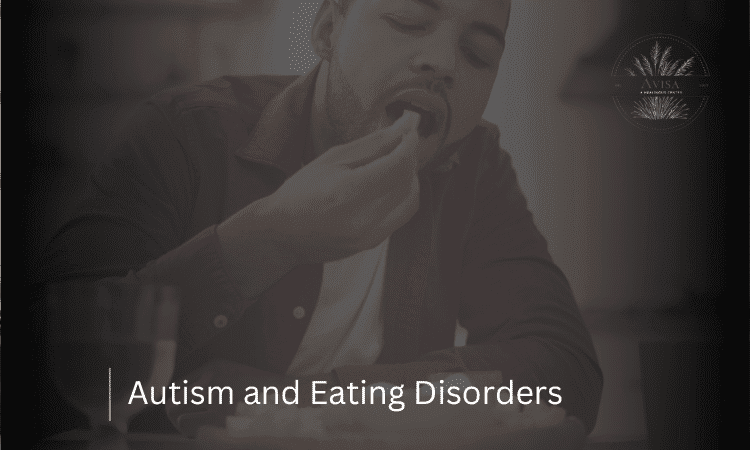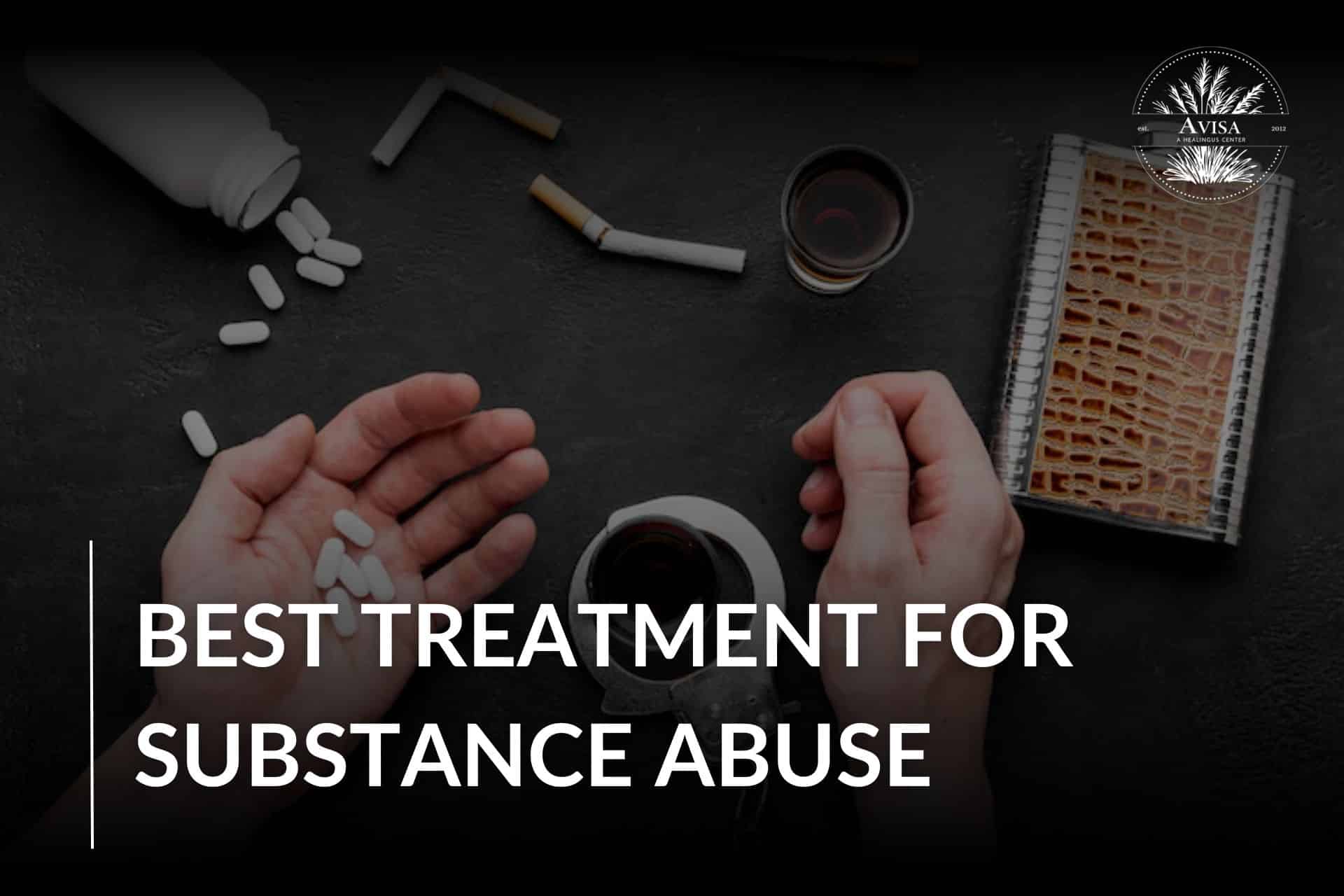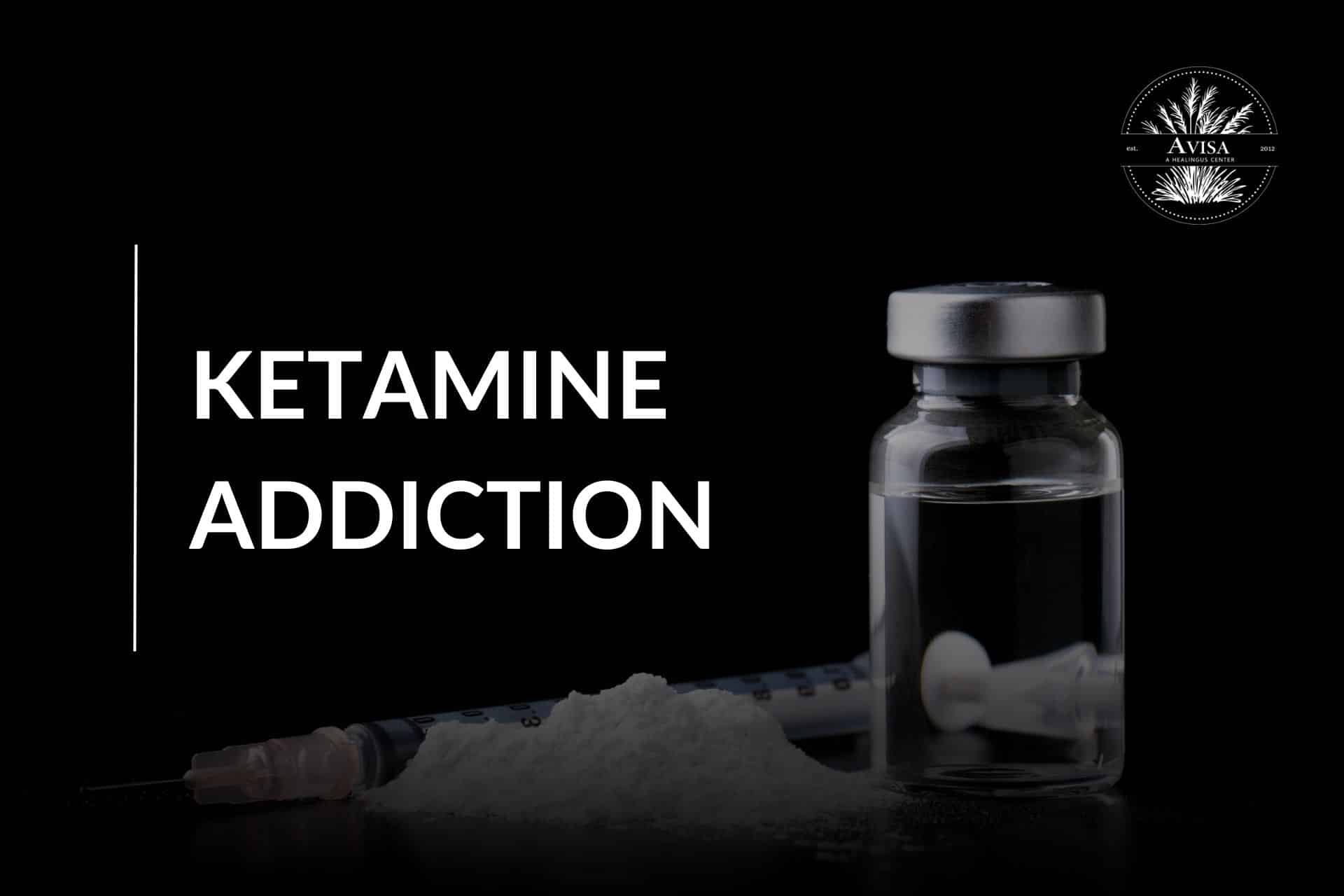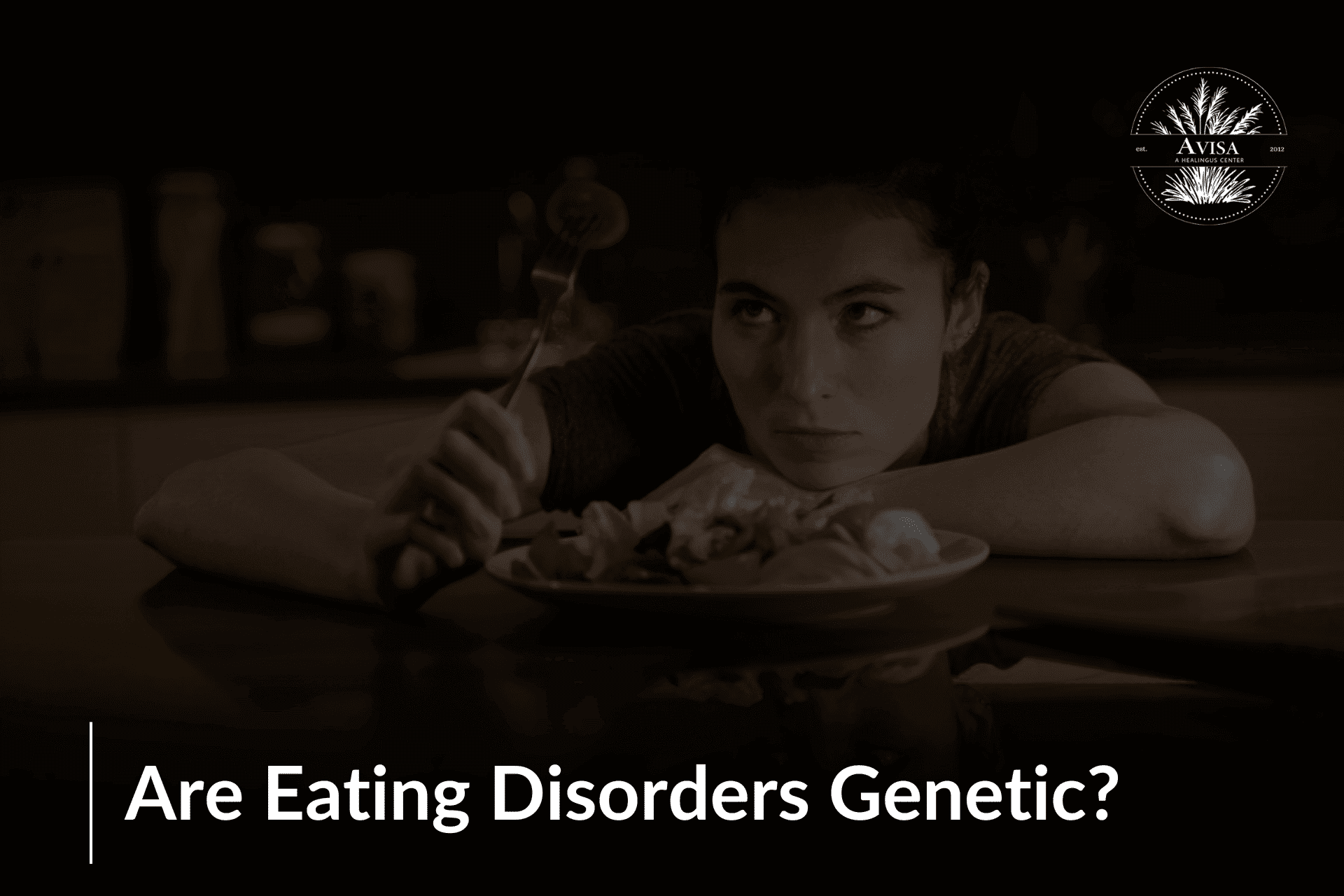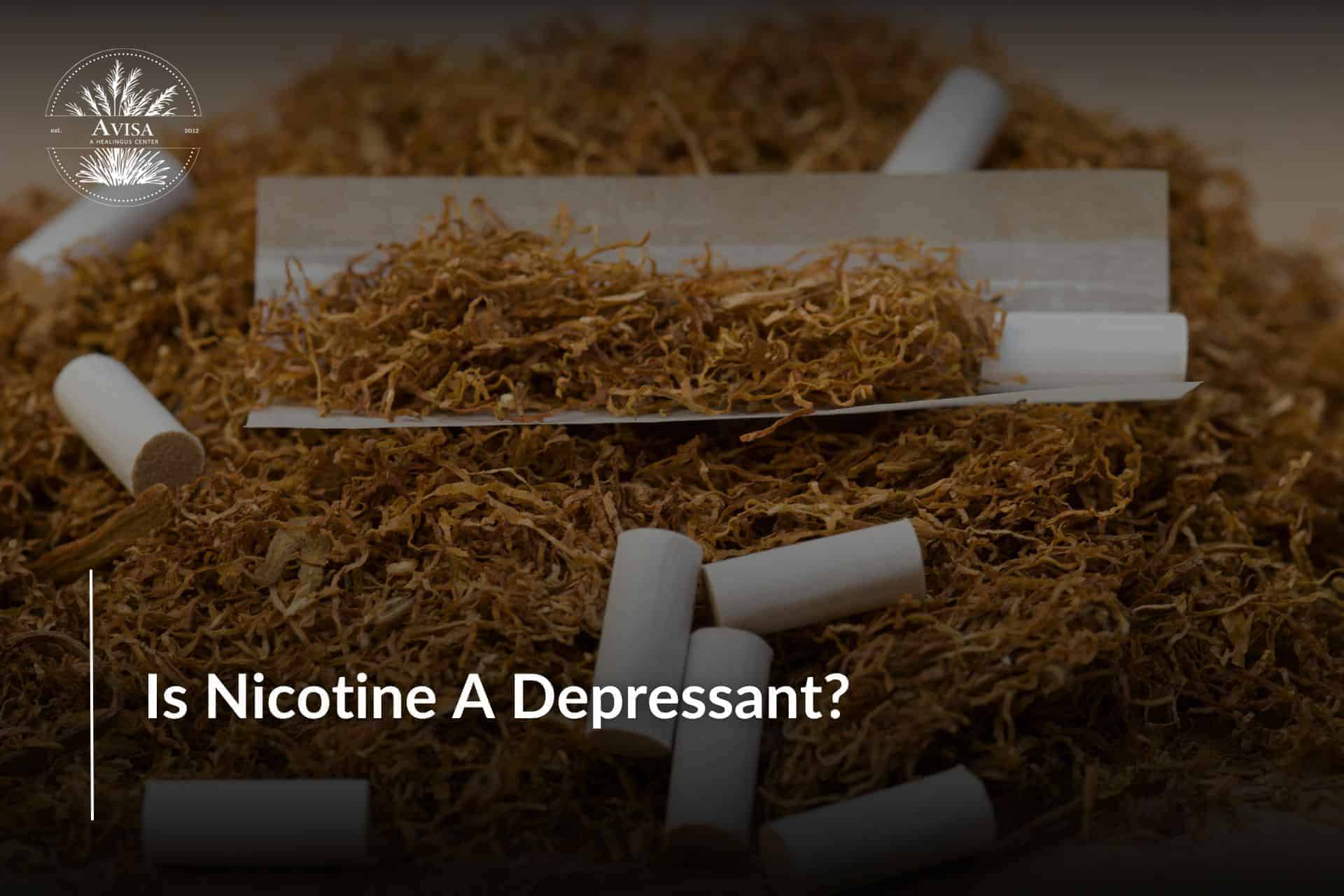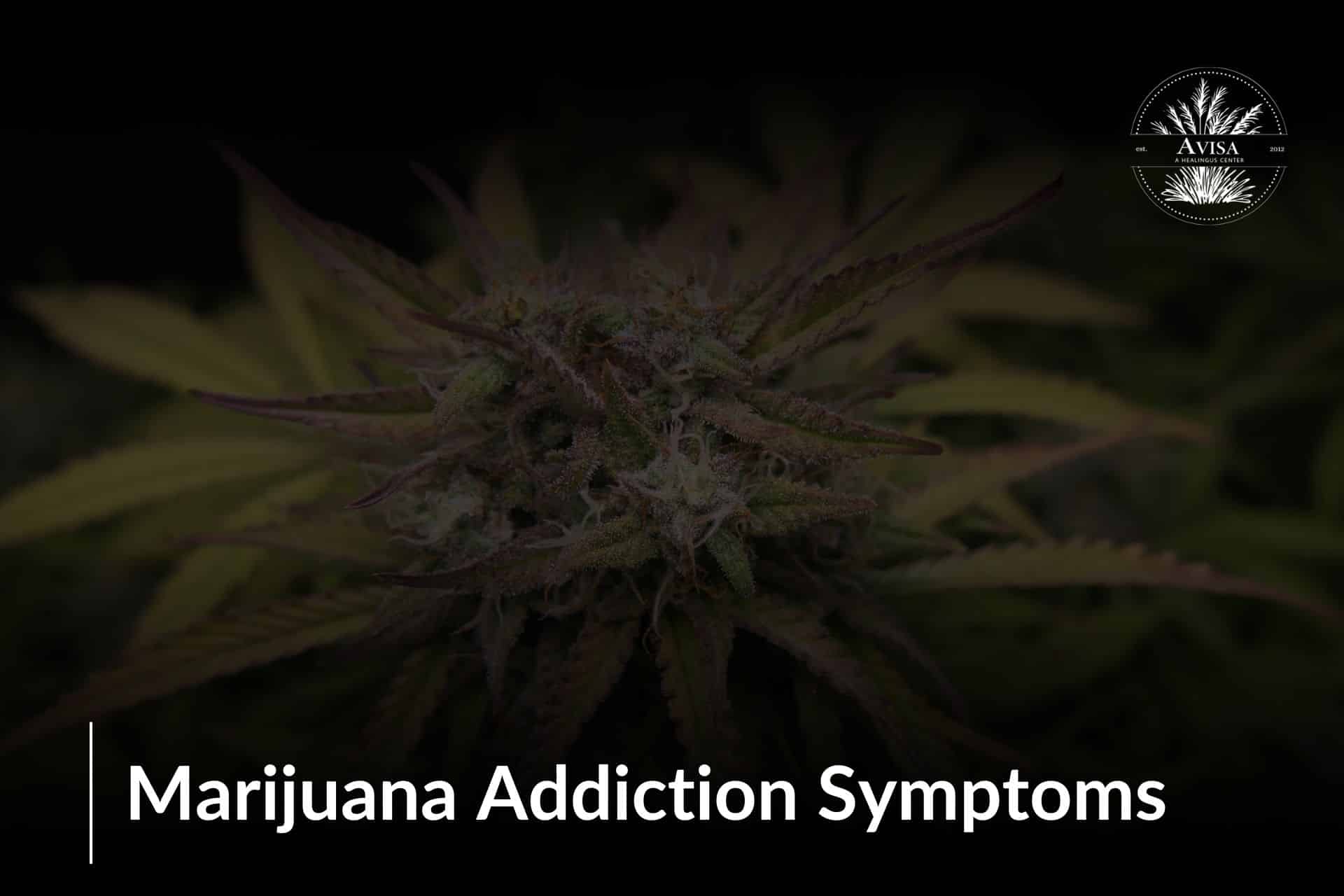Key Takeaways
- Ketamine therapy is an alternative treatment for certain mental health conditions like treatment-resistant depression and anxiety.
- Ketamine helps your brain form new neural connections to ‘rewire’ itself and potentially reduce the symptoms of depression, anxiety, and other mental health conditions.
- In the days following treatment, self-care like getting good sleep and eating healthy food is critical.
- Knowing the risks and proper considerations ensures safe and effective treatment.
Ketamine Treatment Explained
Ketamine therapy involves administering a controlled dose of ketamine, a medication traditionally used as an anesthetic. Unlike other treatments, ketamine targets NMDA receptors in the brain, which play a part in mood regulation.
This can result in rapid improvement in symptoms for some individuals – sometimes within hours after treatment.
The Science Behind Ketamine’s Effects on the Brain
Why does ketamine work where other treatments may fail? It’s because ketamine can actually help your brain form new neural connections. This ability to promote neuroplasticity means it might help your brain ‘rewire’ itself, potentially providing relief from the symptoms of depression, anxiety, and other conditions.

Managing Your Ketamine Therapy Experience
Before your first session, you’ll meet with a healthcare provider to discuss your medical history and mental health. They’ll explain how ketamine works and what you might experience during the treatment.
It’s important to go into this with an open mind and realistic expectations. During the session, you’ll be in a comfortable setting, and your vital signs will be monitored to ensure your safety.
Aftercare Strategies: Post-Treatment Best Practices
After your ketamine session, you’ll need time to rest and process the experience. You should have someone you trust to take you home and stay with you for a while.
In the days following treatment, self-care is key. That means good sleep, healthy food, and maybe some gentle exercise, like walking.
Risks and Considerations of Ketamine Treatment
While ketamine therapy has opened doors for many, it’s not without its risks and considerations since it’s not a one-size-fits-all solution. Your unique health profile plays a significant role in determining whether ketamine is a safe option for you. This is why a thorough evaluation by a healthcare professional is non-negotiable.
Secondly, because ketamine can cause dissociative effects, the setting and support during treatment are crucial. This isn’t something to be taken lightly or without medical supervision. Besides that, it’s important to consider the potential for ketamine addiction and abuse and ensure that the treatment plan includes safeguards against this.
- Consult with a medical professional before considering ketamine therapy.
- Ensure the treatment is administered in a controlled, clinical environment.
- Be aware of the potential for dissociative experiences during treatment.
- Discuss any history of substance abuse with your healthcare provider.
- Consider the cost, as many insurance plans do not cover ketamine therapy.
Understanding the Side Effects
During the infusion, you might experience sensations of floating, tingling, or mild hallucinations. These effects typically subside quickly after the session ends.
- Nausea or vomiting
- Increase in blood pressure during the infusion
- Feelings of dissociation or unreality during treatment
- Temporary confusion or disorientation
Most of these side effects are short-lived, but it’s essential to report any persistent or troubling symptoms to your healthcare provider immediately.
Make sure you choose a reputable treatment center with experienced medical staff, like Avisa Recovery, to minimize risks and ensure the best possible care.
When Ketamine Might Not Be Right for You
Despite its potential, ketamine therapy is not suitable for everyone. If you have a history of psychosis or severe heart conditions, ketamine might not be the safest choice. It’s also not recommended for pregnant women or individuals with untreated high blood pressure.

Maximizing the Benefits of Ketamine Treatment
To get the most out of ketamine therapy, you need to also take care of your body, nurture your mind, and foster a supportive environment.
By integrating healthy habits and supportive therapies, you can build a strong foundation for ketamine therapy to work its best. So make sure you’re well-rested, nourished, and mentally prepared – it can make a significant difference in your treatment outcome.
Combining Therapy with Ketamine: A Synergistic Approach
Combining ketamine with psychotherapy can enhance the treatment’s effectiveness. At Avisa Recovery, we offer a comprehensive treatment plan that includes psychotherapy to support and extend the benefits of ketamine therapy.
Together, these modalities can help you process experiences, develop coping strategies, and solidify the positive changes initiated by ketamine treatment.
Lifestyle Changes to Support Treatment Success
Aside from the treatment itself, your lifestyle plays a significant role in supporting your mental health. Simple changes can have a profound impact on the effectiveness of ketamine therapy. For instance, regular exercise, even something as gentle as walking, can boost your mood and improve sleep. Eating a balanced diet rich in nutrients supports overall brain health, while mindfulness practices like meditation can reduce stress and enhance emotional well-being.
Creating a routine that includes these healthy habits can help lay the groundwork for recovery. Just make small, consistent choices that support your journey to wellness.
Read More: Integrating Alternative Treatments with Ketamine Therapy for Well-Being
Choose Avisa Recovery for Effective Ketamine Treatment
If you are struggling with both substance use disorders and major depression, finding effective treatment is crucial. Avisa Recovery offers Spravato, a medication specifically designed for treatment-resistant depression, along with comprehensive support strategies.
Our experienced professionals are dedicated to helping you overcome the challenges of depression that conventional treatments may not address. For effective ketamine treatment in New Jersey and comprehensive mental health services in Ocean County, reach out to Avisa Recovery today.
Frequently Asked Questions (FAQ)
How Quickly Can I Expect Results From Ketamine Therapy?
Many patients report feeling better within hours to days after receiving ketamine therapy. However, it’s important to note that everyone’s response is different. Some may experience relief after the first session, while others may need several treatments to notice significant changes.
Is Ketamine Treatment Covered by Insurance?
Currently, ketamine treatment for mental health is not widely covered by insurance plans. This is primarily because it’s considered an off-label use of the medication. However, some clinics may offer financing options or payment plans to help make the treatment more accessible. Be sure to inquire about the costs upfront and explore any available financial assistance programs.
It’s also worth noting that as research continues to validate the effectiveness of ketamine therapy, insurance coverage may change. Keep an eye on changes in insurance policies.
Can Ketamine Therapy Be Used Alongside Other Medications?
Yes, in many cases, ketamine therapy can be used alongside other medications. However, you should always consult with your healthcare provider about your current medications. They will need to evaluate any potential interactions and make adjustments to ensure your safety and the effectiveness of the treatment.
What Makes Ketamine Different From Other Antidepressants?
Ketamine works differently from traditional antidepressants. While most antidepressants target the serotonin system to help improve mood, ketamine interacts with glutamate, a neurotransmitter that plays a key role in neural activation. This is why ketamine can offer rapid relief for some patients, particularly those who have not responded to other treatments.
Ketamine’s ability to promote neuroplasticity – the brain’s ability to form new neural connections – can lead to lasting changes in brain function and improvements in mental health.
How Often Should Ketamine Infusions Be Repeated?
The frequency of ketamine infusions varies depending on individual needs and responses. Typically, a series of infusions is administered over a few weeks to begin with. After the initial series, some patients may move to a maintenance schedule, receiving infusions at longer intervals to sustain the benefits.
Always follow the treatment plan recommended by your healthcare provider and have regular check-ins to assess how well the therapy is working for you. Adjustments can be made based on how you respond to the treatment over time.


